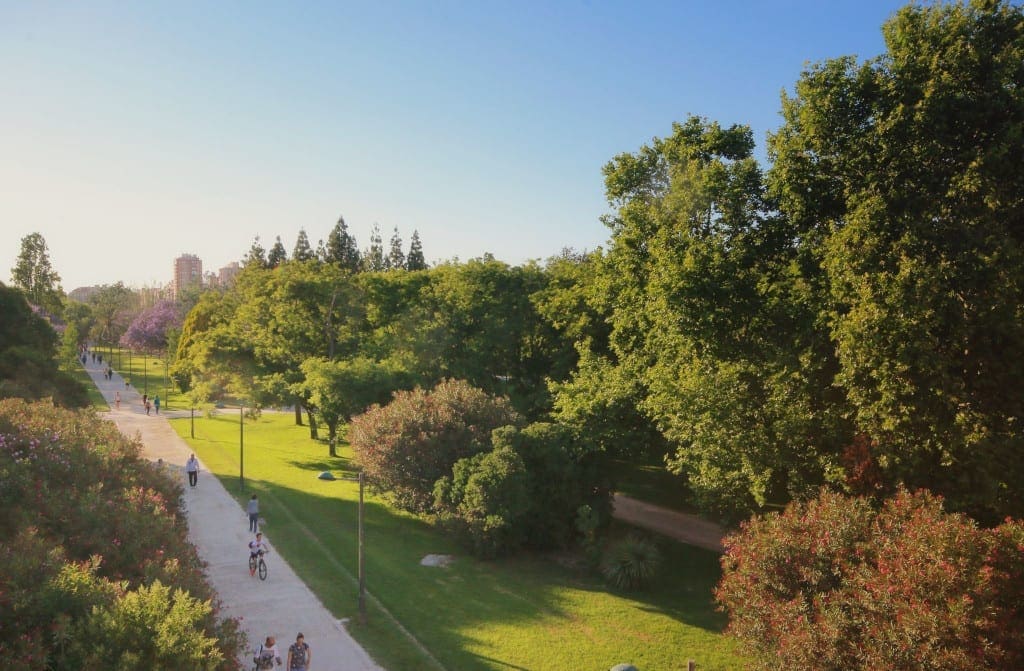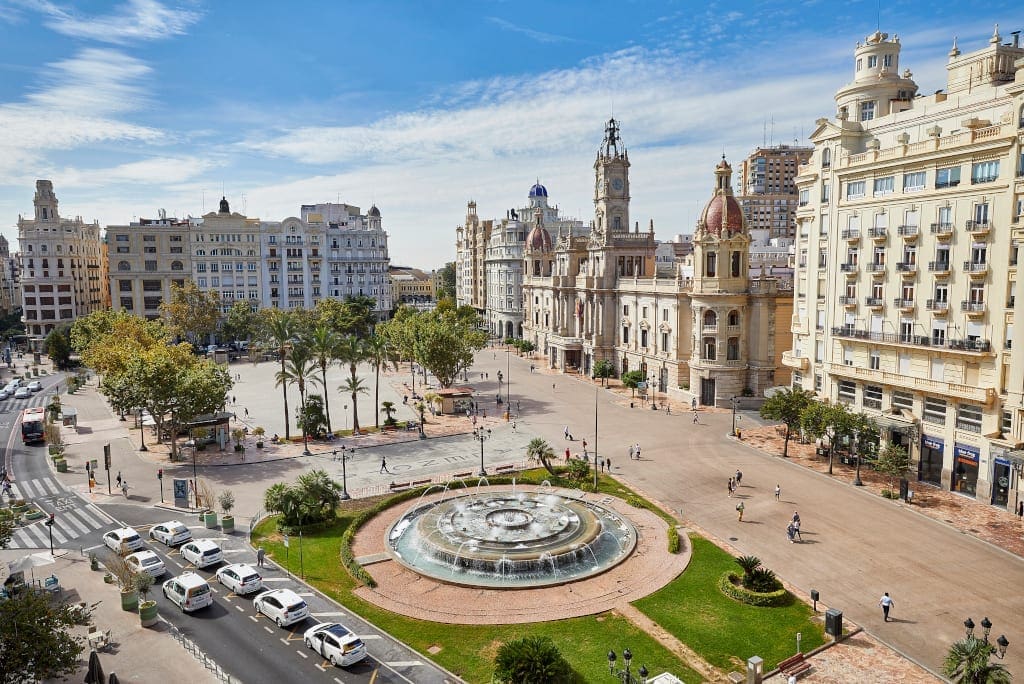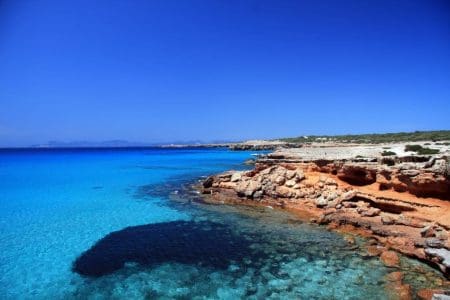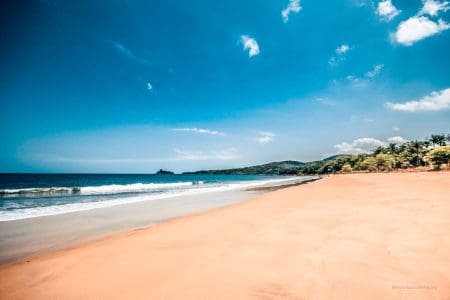València reaches a new milestone in its commitment to the development of sustainable tourism by becoming the first city in the world to measure the water footprint of tourist activity.
A new study, carried out by the Global Omnium company in collaboration with the Visit València Foundation and València City Council, shows the impact of human actions on water resources, calculating the consumption and pollution of freshwater that is derived, directly or indirectly, from the different components of tourist activity, from transport and accommodation to consumption in restaurants and leisure venues.
The initiative is part of Valencia’s Sustainable Tourism Strategy to make the city a carbon-neutral destination by 2025. Similarly, València aims to implement a neutral water footprint through more efficient management. The study has been verified by AENOR.
The water footprint of tourism in València
According to the study, the total volume of water consumption derived from tourist activity in València in 2019 was 74.23 cubic hectometres, which means a water footprint of 0.315 cubic metres per tourist per day. The calculation also includes cruise passengers and those who simply visit the city on an excursion.
Only 16% of the total corresponds to water directly consumed by tourists, mainly in tourist accommodation, while 84% is indirect consumption associated with the production of goods and services, or food processing. This predominantly includes meals that visitors consume in the city’s restaurants, store purchases and the maintenance of attractions and entertainment venues. The use of transport (both public transport and car rental) makes up only 0.10% of tourism’s water footprint.

Public water utilities account for only 0.53% of the water footprint, a figure that demonstrates the city’s high level of water efficiency, the highest in Europe, with 87% real efficiency as a result of the comprehensive digital metering network.
Calculating the water footprint is the first step in identifying opportunities for reducing water consumption and implementing the necessary measures for a more sustainable management of this resource. This will not only generate savings for the local economy, but will also contribute to the conservation of natural ecosystems, and visitors will be able to enjoy themselves in a sustainable, safe, and healthy destination.
València, a sustainable city of international reference
In June 2020, the city verified the carbon footprint of the entire tourist activity in the city. Thus maintaining its objective of being the first carbon-neutral tourist destination in the world by 2025. The work was developed by Global Omnium in collaboration with the Visit València Foundation and the City Council and received the AENOR certificate the following month. With this earlier accolade, the city of Valencia continues to take steps to become a world leader in sustainability.
Read our interview with Emiliano García, Councillor of Tourism for the Valencia City Council on why sustainability is so important for the Tourism of Tomorrow.
Alliances towards carbon neutral tourism
To continue moving forward, València has joined several different international organisations and movements, including Global Sustainable Tourism Council (GSTC), Global Destination Sustainability Movement, Future of Tourism, Global Tourism Plastics Initiative, Turismo Declara and the One Planet Sustainable Tourism Program. Not only does Valencia collaborate with all these organisations but also aspires to lead with the initiatives already implemented in the city and its commitment to become a 100% responsible tourist destination.

Sustainable tourism that is already practiced in València
Currently the city has various initiatives to implement tourism that is more respectful of the ecosystem with the primary objective of reducing the impact from travellers footprint. Examples of these activities include the efficient public transport network and the number of bike lanes in the city. Moving around Valencia emitting low emissions has been a reality for many years. Additional programmes include practicing environmental volunteering such as the conservation programs for endangered species at the Bioparc Zoo and the Oceanogràfic – Europe’s largest marine park.
València is ready to welcome a new wave of tourists who seek to travel in a more sustainable way.
For more information, see visitvalencia.com



